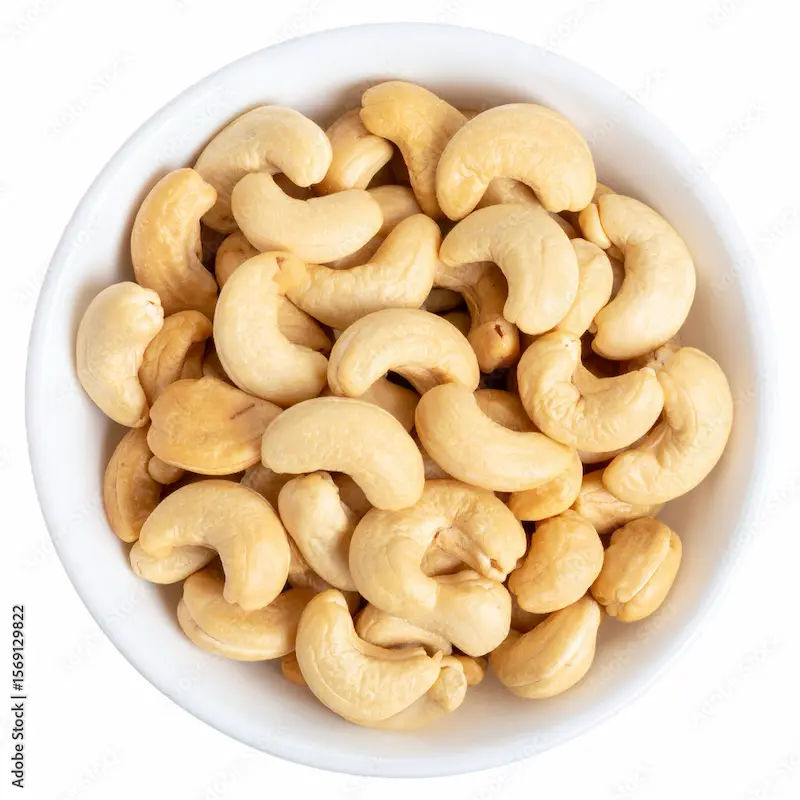Causes of Fluid in the Ear
Know about the fluid in the ear, causes, how to manage the fluid in the ear through home remedies and medical treatment and preventive measures for OME.

Written by Dr. Shaik Abdul Kalam
Reviewed by Dr. Vasanthasree Nair MBBS
Last updated on 13th Jan, 2026

Introduction
Fluid in the ear, also known as otitis media with effusion (OME), is a common condition where fluid builds up behind the eardrum without signs of infection. While it can affect people of all ages, it is especially common in children. If you or anyone you know is experiencing an ear discomfort, hearing difficulties, or a feeling of fullness in the ear, understanding the causes and management can help in seeking timely care.
This article will guide you about the causes, treatment options and management of the fluid in ear condition.
What Causes Fluid in the Ear?
Fluid accumulation in the ear usually happens when the Eustachian tube (a small passage connecting the middle ear to the back of the throat) doesn’t function properly. Here are the most common causes:
1. Eustachian Tube Dysfunction
The Eustachian tube helps drain fluid from the ear and maintains air pressure. When it gets blocked due to allergies, colds, or sinus infections, fluid can get trapped behind the eardrum.
2. Upper Respiratory Infections
Colds, flu, or sinus infections can lead to swelling and congestion, blocking the Eustachian tube and causing fluid buildup.
3. Allergies
Seasonal allergies or chronic allergic reactions can cause inflammation in the nasal passages and Eustachian tubes, leading to fluid retention.
4. Changes in Air Pressure
Sudden altitude changes (like during air travel or scuba diving) can affect the Eustachian tube’s ability to equalize pressure, resulting in fluid accumulation.
5. Ear Infections (Otitis Media)
Sometimes, after an ear infection resolves, fluid may remain in the middle ear for weeks or even months.
6. Enlarged Adenoids
In children, enlarged adenoids (tissue near the Eustachian tubes) can block drainage, leading to fluid buildup.
7. Smoking or Exposure to Secondhand Smoke
Tobacco smoke irritates the Eustachian tube lining, increasing the risk of fluid retention.
Consult Top Specialists for Personalised Tips
How Does Fluid in the Ear Affect Health?
Fluid in the ear is usually not painful, but it can cause:
Muffled hearing or temporary hearing loss
Ear fullness or pressure
Balance issues (especially in children)
Speech delays (in young kids due to hearing difficulties)
If left untreated for long, chronic fluid buildup can lead to complications like:
Recurrent ear infections
Permanent hearing damage
Tympanic membrane (eardrum) retraction or perforation
How to Manage Fluid in the Ear?
Fluid in the ear can be managed in following ways:
1. Home Remedies & Lifestyle Changes
It includes:
Chewing gum or yawning – Helps open the Eustachian tube.
Warm compress – Applying a warm cloth to the ear may relieve discomfort.
Nasal saline sprays – Can help clear congestion.
Hydration & steam inhalation – Keeps nasal passages moist and reduces blockage.
2. Medical Treatments
It includes:
Decongestants or antihistamines – If allergies or colds are the cause.
Autoinflation technique – Gently blowing air through the nose while pinching nostrils (helps open the Eustachian tube).
Ear tubes (tympanostomy tubes) – In chronic cases, a doctor may insert small tubes to drain fluid and prevent infections.
3. When to See a Doctor?
Consult an ENT specialist if:
Fluid persists for more than 3 months.
Hearing loss becomes noticeable.
There’s severe pain, fever, or discharge (signs of infection).
Prevention Tips
Prevention tips include:
Avoid smoking and secondhand smoke exposure.
Treat allergies and colds promptly.
Practice good hygiene to prevent infections.
Use ear protection while swimming or flying.
Final Thoughts
Fluid in the ear is usually temporary and resolves on its own, but persistent cases need medical attention. By understanding the causes and taking preventive steps, you can reduce discomfort and protect your hearing health.
Consult Top Specialists
Consult Top Specialists for Personalised Tips

Dr Arnab Kalita
Ent Specialist
4 Years • MBBS,MS
Guwahati
Apollo Excelcare Hospital, Guwahati

Dr Rohini Radhakrishnan
Ent Specialist
10 Years • MBBS,Master of surgery: ENT,skull Base,Head and Neck Surgery
Chennai
Apollo First Med Hospitals P H Road, Chennai

Dr. Sreeram Valluri
Ent Specialist
15 Years • MBBS, MS ENT, HEAD & NECK SURGERY
Hyderabad
Apollo Hospitals Jubilee Hills, Hyderabad

Dr. Ashwani Kumar
Ent Specialist
11 Years • MBBS, DNB (Otorhinolaryngology)
Delhi
Apollo Hospitals Indraprastha, Delhi
(50+ Patients)

Dr. Manu Vergis
Ent Specialist
16 Years • MBBS, DLO, MS
Chennai
Apollo Speciality Hospitals OMR, Chennai
(150+ Patients)
Consult Top Specialists

Dr Arnab Kalita
Ent Specialist
4 Years • MBBS,MS
Guwahati
Apollo Excelcare Hospital, Guwahati

Dr Rohini Radhakrishnan
Ent Specialist
10 Years • MBBS,Master of surgery: ENT,skull Base,Head and Neck Surgery
Chennai
Apollo First Med Hospitals P H Road, Chennai

Dr. Sreeram Valluri
Ent Specialist
15 Years • MBBS, MS ENT, HEAD & NECK SURGERY
Hyderabad
Apollo Hospitals Jubilee Hills, Hyderabad

Dr. Ashwani Kumar
Ent Specialist
11 Years • MBBS, DNB (Otorhinolaryngology)
Delhi
Apollo Hospitals Indraprastha, Delhi
(50+ Patients)

Dr. Manu Vergis
Ent Specialist
16 Years • MBBS, DLO, MS
Chennai
Apollo Speciality Hospitals OMR, Chennai
(150+ Patients)




